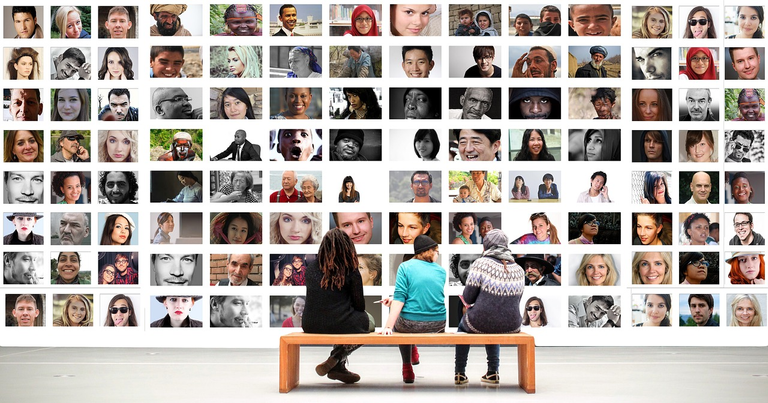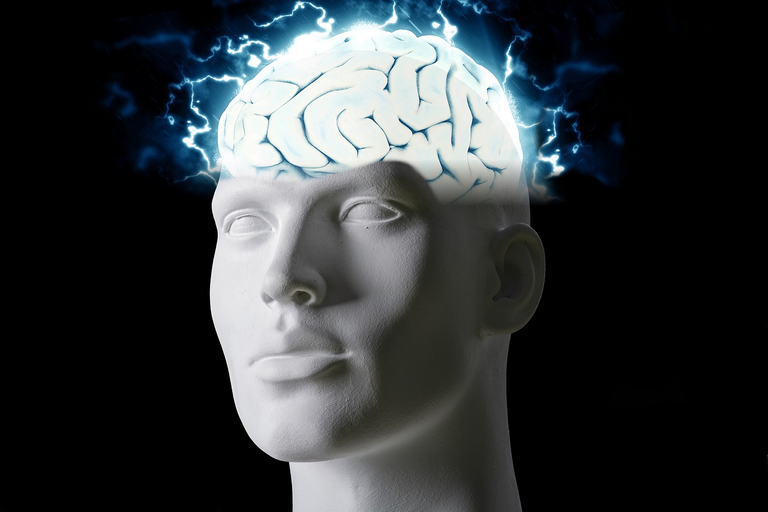It is common to hear coffee lovers talk about the stimulating effect of this beverage. For many people, it is the first drink of the day to achieve a state of alertness and feel energized. For some people, not drinking coffee during the day represents a series of adverse symptoms that disappear with a sip of this magical beverage.
Even though the aroma of coffee is delicious and invites me to consume it, I must be careful because if I drink more than one cup, I become "sleeping beauty". While for most people coffee can keep them in a state of wakefulness and alertness (more so if they drink it at night), I enjoy the deepest sleep with a cup of espresso coffee. Am I an alien? I don't think so, so I did some research on this condition and found some curious facts.


Each person develops a degree of tolerance to caffeine. While those who drink coffee occasionally need small amounts of caffeine to go from alertness to nervousness or anxiety, coffee lovers can drink several cups of this beverage without experiencing alterations in their nervous system. This difference is due to the individual capacity to metabolize caffeine. In other words, some people degrade caffeine faster in their organisms than others. It is the difference between those who can drink several cups of coffee throughout the day and those who cannot. Can you believe that all this is governed by our genetics? (1),Wonderful, right?

Many studies show that Caucasian populations metabolize caffeine faster than Asians and Africans. Guess which group I am in? Yes, I have Asian genes! That's why I belong to a small percentage of the population that responds differently to coffee.
This (different) response depends on the CYP1A2 gene which is responsible for synthesizing cytochrome P-450-type enzymes in the liver. In Asians, this enzyme acts more slowly, and therefore caffeine takes longer to decompose and expel its by-products (paraxanthine, theobromine, and theophylline) from the organism through urine and feces (2).

It is logical to think that if someone metabolizes caffeine more slowly, he will have the energizing effects of this beverage more potentiated since this substance remains longer in his organism. However, as paradoxical as it may sound, the opposite is true.
When caffeine is rapidly metabolized, it quickly reaches the brain tissue and binds to the adenosine receptors in the brain. Adenosine is an amino acid resulting from the degradation of the ATP necessary for the neurons of the central and peripheral nervous system to function throughout the day. Adenosine is a molecule in charge of turning off our brain to regenerate its energy. That is to say it allows sleep to occur so that adenosine can be converted back into ATP (energy needed to function).

When caffeine binds to adenosine receptors, wakefulness is increased, and sleep is lost. Conversely, in "slow caffeine metabolizers" (like me), adenosine binds more to their brain receptors preventing caffeine from reaching them (3). So, I am not an alien (as you might have thought at the beginning of the post) if not "immune to the energizing effects of caffeine" I sleep and snore like a dormouse after a cup coffee 😉.


References:
(1) Genetics of caffeine consumption and responses to caffeine
Adenosine, caffeine, and sleep–wake regulation: state of the science and perspectives
The Role of Genetics in Moderating the Inter-Individual Differences in the Ergogenicity of Caffeine
Adenosine, Caffeine, and Performance: From Cognitive Neuroscience of Sleep to Sleep Pharmacogenetics




